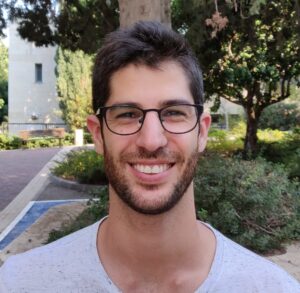Sports trainers, coaches, and scouts spend hours culling statistics to predict how a player will do that night. But maybe they’d be better off listening to pre-game interviews. That’s what Technion researchers concluded after a study of prominent professional basketball players.
The researchers, led by Professor Roi Reichart, had hypothesized that a player’s performance can turn on intangibles such as the environment at the game or his emotions going in — dynamics that cannot be measured by past performance captured in box scores. Their work was aimed at going beyond previous studies that have used psychology, statistics, computer science, and more to predict an athlete’s performance.
So the Technion team compiled a dataset of 5,226 pairings of pre- and post- game interviews alongside performance metrics calculated after the game for 36 NBA players. They then designed computational models based on advanced machine learning techniques that could make predictions based on interviews alone or a combination of interviews and past-performance metrics. They found that what a player says and how he feels going into the game is a better indicator of how he will do than how he performed in the past. And the combination of past-performance metrics with what can be gleaned from pre-game interviews produced the best results.
LeBron James’ performance with the Cleveland Cavaliers in the 2016 NBA Finals was among the games that Technion researchers used in their study. Asked in pregame interviews how he felt about returning to the Cavaliers and his hometown, James was upbeat and relaxed. Cleveland won its first and only championship. “Our models processed the text and guessed that James’ offensive performance would be better than his past averages,” said Prof. Reichart. “James surpassed himself and starred throughout the series, as our models predicted.”
Prof. Reichart worked alongside doctoral students Amir Feder and Nadav Oved of the William Davidson Faculty of Industrial Engineering & Management. Their study was published in the journal Computational Linguistics.





